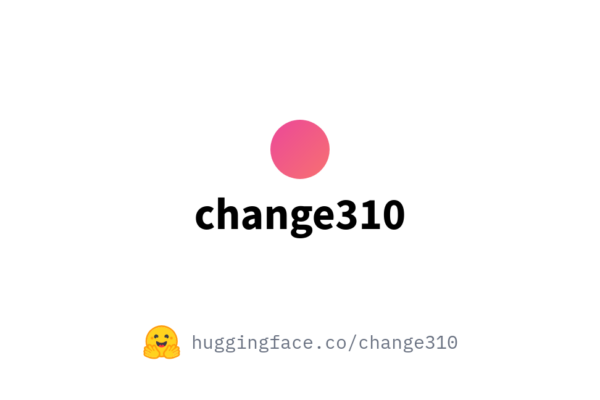
Introduction to Ozempic
Ozempic, a medication that has significantly impacted the management of type 2 diabetes, was approved by the US Food and Drug Administration (FDA) in 2017. It is part of a class of drugs known as glucagon-like peptide-1 (GLP-1) receptor agonists. This category of medication mimics the action of incretin hormones, which helps lower blood sugar levels, contributing to improved glycaemic control in patients. With the rising prevalence of diabetes, Ozempic’s effective formulation has made it a critical option in diabetes treatment plans globally.
Mechanism and Benefits
Ozempic works by stimulating insulin secretion in response to high blood glucose levels, which aids in lowering blood sugar. Additionally, it reduces appetite and slows gastric emptying, leading to weight loss—a significant concern for many diabetic patients. Clinical studies have shown that Ozempic not only helps in managing blood sugar but also significantly reduces the risk of cardiovascular events in patients with type 2 diabetes, showcasing its dual benefits.
Recent Developments and Usage
In recent months, there has been notable awareness and discussions surrounding Ozempic, especially in relation to weight management. This is attributed to emerging evidence that highlights its capacity to help individuals without diabetes lose weight. Health professionals are observing an increase in off-label prescriptions for Ozempic for weight loss, prompting discussions about its efficacy and safety in non-diabetic populations. Although beneficial, patients are advised to only use Ozempic under professional guidance to avoid potential side effects, which can include nausea and pancreatitis.
Conclusion: The Future of Ozempic in Diabetes Treatment
The significance of Ozempic cannot be overstated as it continues to provide an effective treatment pathway for those struggling with type 2 diabetes. As more research unfolds, its potential applications in weight management may lead to broader discussions regarding diabetic care and obesity treatment regimes. For individuals managing diabetes, the emergence of Ozempic offers hope for improved health outcomes, with ongoing monitoring and research sure to shape its future trajectory in healthcare. Given the evolving landscape of diabetes treatment, stakeholders will need to stay updated on the latest clinical guidelines to optimise patient care.
You may also like

Understanding the Current Measles Outbreaks
The Integral Role of Hospitals in Modern Healthcare

The Role of Face Masks in Public Health Today
SEARCH
LAST NEWS
- Remembering Wendy Richard: The Promise to Co-Star Natalie Cassidy
- How Did Anglian Water Achieve an ‘Essentials’ Rating for Mental Health Accessibility?
- Shai Hope Leads West Indies in T20 World Cup Clash Against South Africa
- What We Know About Weston McKennie: Future at Juventus and Past at Leeds
- What We Know About the Upcoming Live Nation Antitrust Trial